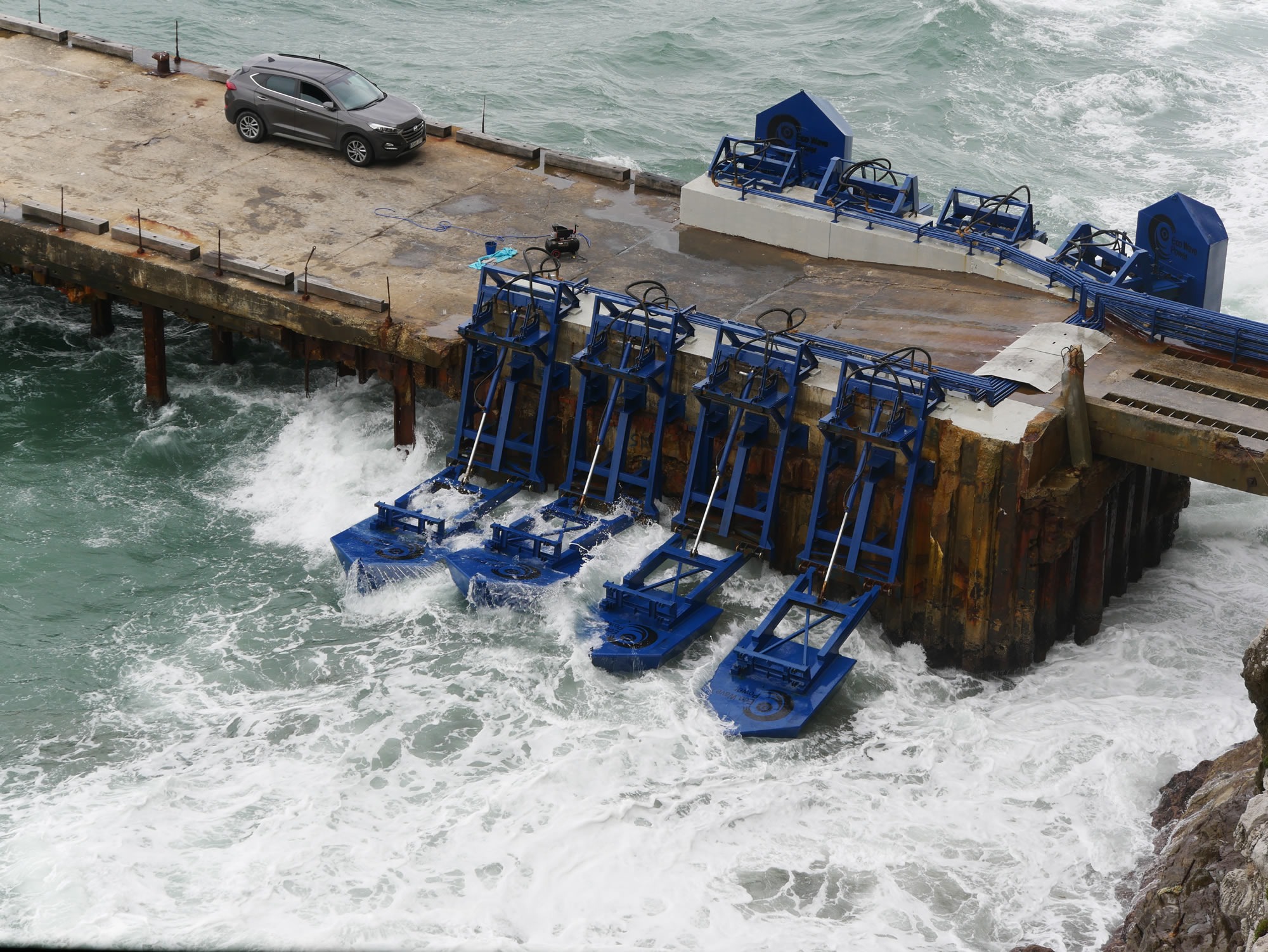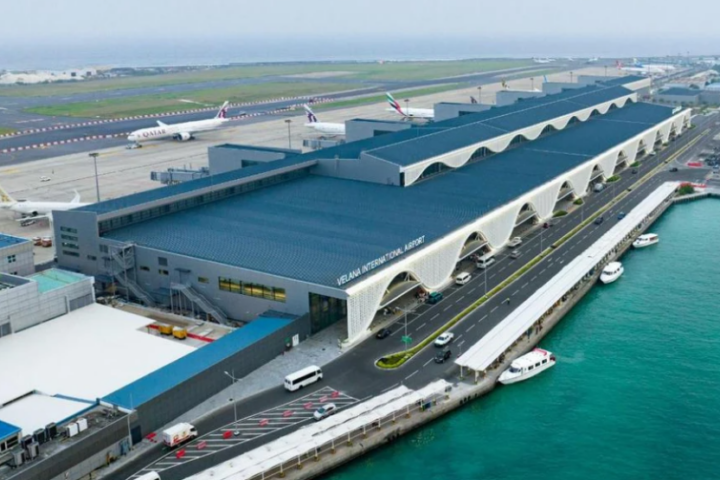Eco Wave Power, an Israeli company pioneering ocean wave energy, is moving forward with what it believes will be the world’s first commercial-scale wave power project. To be built in Porto, Portugal, the 20-megawatt installation is expected to power 20,000 households while proving the commercial viability of wave energy.
According to Eco Wave Power’s official website, the technology is designed to be both environmentally friendly and highly efficient. Unlike offshore wind or traditional marine energy systems, Eco Wave Power’s system does not require embedding structures into the sea floor. Instead, it uses existing infrastructure such as breakwaters and jetties, minimizing environmental disruption.
Modular and scalable, the system converts wave energy into electricity through large floaters that move with the waves, compressing hydraulic pistons and motors that power electric generators. The closed-loop system ensures no leakage of hydraulic fluid, while smart automation monitors operations and protects the infrastructure during storms by raising the floaters above the water.
The Porto project is the culmination of years of testing and operational refinement. Between 2016 and March 2022, Eco Wave Power operated a grid-connected proof-of-concept array in Gibraltar under a 5-megawatt Power Purchase Agreement. This pilot project provided nearly six years of operational data, proving the system’s durability and efficiency even during storms.
Eco Wave Power’s expansion into Portugal began in 2020. The agreement grants Eco Wave Power the rights to use the breakwaters at four locations for up to 30 years. The 20-megawatt station will be built in phases, beginning with an initial 1-megawatt stage, which received final approval in March 2024.

Eco Wave Power has committed to constructing the first stage within two years. The project represents a significant step toward commercial-scale wave energy production, a milestone that could unlock further bank financing and accelerate global adoption.
Beyond Portugal, Eco Wave Power is also planning demonstration projects in Los Angeles and Taiwan, each with a 100-kilowatt capacity. These smaller installations, capable of powering 100 homes each, aim to further validate the technology’s reliability, particularly during storms, and demonstrate its scalability.
The appeal of wave energy lies in its consistency and power density. Waves, with 832 times the kinetic energy of wind, represent one of the least intermittent renewable energy sources. Eco Wave Power’s system can begin generating electricity with wave heights as low as 0.5 meters, making it uniquely suited for coastal regions, according to the company’s website.
Photo Credit: Eco Wave Power










